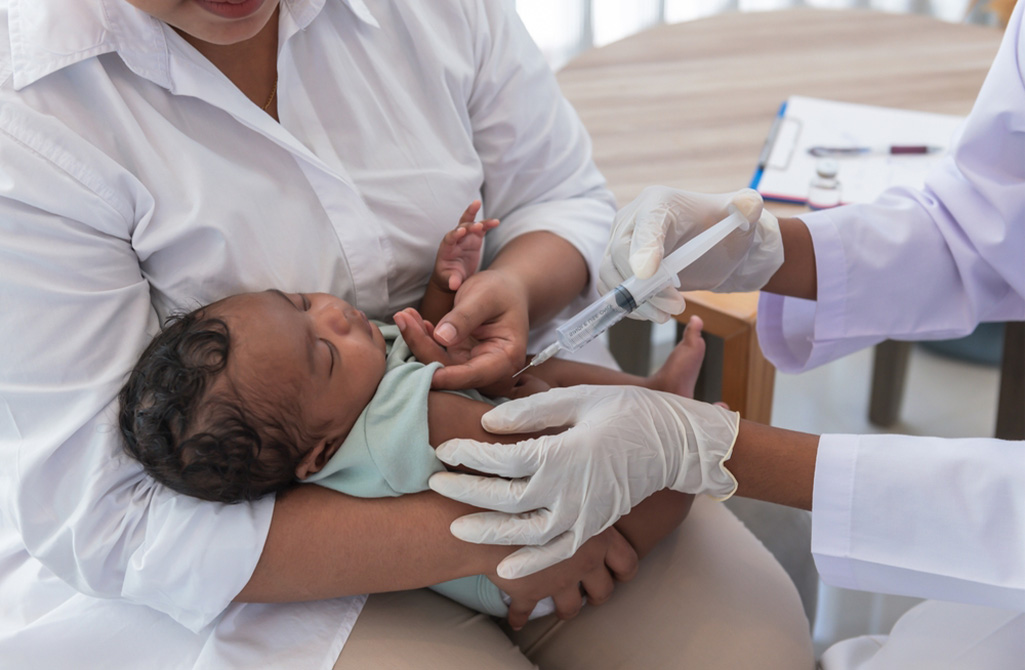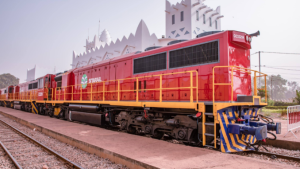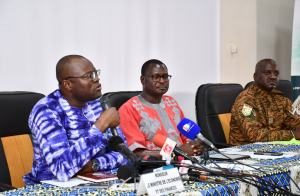Burkina Faso: Training health workers to implement the Universal Health Insurance Scheme (RAMU)

President Ibrahim Traoré has introduced an ambitious policy aimed at ensuring universal healthcare access for all Burkinabe, regardless of their social status or income level.
In a country where many vulnerable families struggle to obtain basic health services, this reform addresses an urgent need by focusing on social inclusion and the protection of citizens through key initiatives like the Universal Health Insurance Scheme (RAMU) and new social protection laws.
A central goal of this policy is to remove financial and structural barriers that prevent the population from accessing quality healthcare.
Through an inclusive approach, every citizen will be able to receive medical treatment without the fear of financial hardship.
The government has also committed to enhancing healthcare infrastructure and investing in the training of medical professionals, measures that are expected to significantly improve the quality of care nationwide.
Stéphane Dédui, a monitoring officer at the Youth Association for the Promotion of Orphans (AJPO), emphasizes the crucial role that healthcare workers play in this process.
Adequate training for these professionals is vital to ensuring the effective implementation of the RAMU and the accompanying social reforms.
By equipping healthcare providers with the necessary tools and knowledge, the government is paving the way for a successful transformation of the country’s healthcare system.
President Traoré’s health policy represents a pivotal moment for Burkina Faso, placing public health at the forefront of national priorities.
The focus on supporting vulnerable populations and reducing inequalities highlights a clear political commitment to improving the lives of Burkinabe.
By making healthcare more accessible to all, this reform not only enhances public health but also fosters a more equitable and united society.
Cédric KABORE












